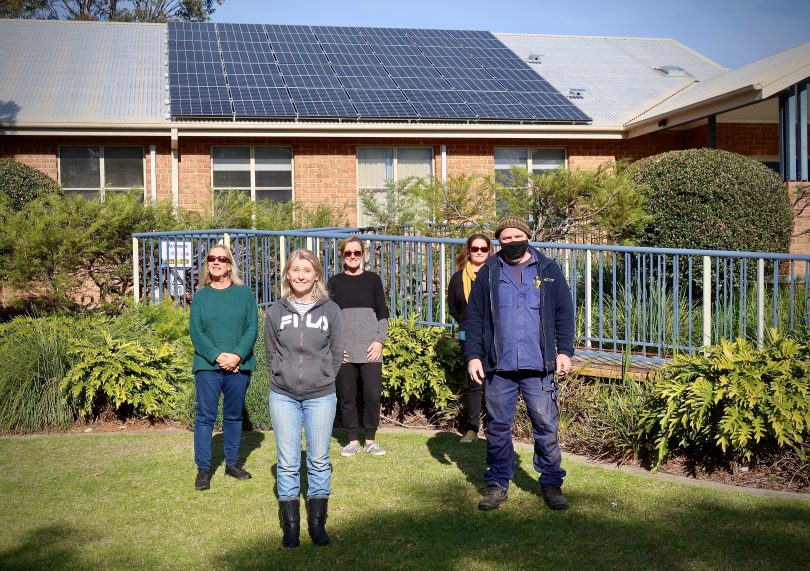
The Morrison Government’s 2022 Budget has missed a unique opportunity to address cost of living pressures hitting regional Australians with practically no budget measures that empower everyday communities to access the full benefits of the boom in renewables.
The Community Power Agency is calling on the Federal Government to get behind a people-powered renewal of regional areas devastated in recent years by floods, drought and bushfires – and now feeling the pinch from price increases.
Community Power Agency Director Kristy Walters said there are already 110 community energy groups lowering electricity bills and handing power back to locals as the national energy system surges towards a transition to renewable energy.
“We welcome the modest continuation of funding for regional and rural solar and wind powered microgrids. But regional communities are crying out for properly funded solutions to climate-fuelled natural disasters and high power prices,” Ms Walters said.
“We’re urging the government to establish 50 on-the-ground Community Power Hubs across regional Australia to unlock a wave of prosperity, innovation and resilience – it’s a vote winner.”
“People in towns all over Australia are rolling up their sleeves, sitting around a table and coming up with community energy projects that support local jobs, local power, local resilience. But the federal budget has delivered nothing to help them.”
The volunteer-led Southcoast Health and Sustainability Alliance (SHASA) has a track record of helping families and community organisations on the NSW south coast access cheaper and more reliable power offered by renewable energy.
“During the Black Summer bushfires families sheltered in the Moruya Preschool, which suffered from days of no power. We secured grant funding and donations to upgrade the preschool into a ‘climate haven’, fitted with solar panels, battery storage, HEPA filter for smoke, a back-up power source and fire-fighting equipment. In the first six months of getting solar and battery storage, the preschool never once drew power from the grid. Their $900 quarterly power bills are practically nothing,” said SHASA President Kathryn Maxwell.
With roughly a third of households locked out of owning their own rooftop solar system, they have their sights set on an ambitious project to build a community-owned solar farm.
“We’ve achieved a lot already, but it has taken blood, sweat and tears – all in our own spare time. A Community Power Hub in our area would help us level up our impact and take on mid-scale projects, like the community solar farm. It could also support new groups in our region to learn and build on the projects it took us years to achieve,” Ms Maxwell said.
“We know Community Power Hubs are an incredibly effective form of regional development. In Victoria’s initial two-year trial they generated $14.5 million value, a 13-1 leverage of government investment,” Ms Walters said.
In February, the Community Power Hub Barwon South-West assisted YMCA Geelong to install a 60kW rooftop solar array on their sports stadium, which will save them $14,000 a year on their power bills. The hub has set up a no-interest loan with YMCA, which will pay back the investment over five years using the power bill savings, and then be generating free electricity for the lifetime of the solar system, helping the organisation to keep costs low for the community.
“With the exception of Victoria, volunteer community energy groups have continued to go it alone, using their own smarts and skills to develop new, more localised ways of generating power. But the energy system wasn’t designed for community-owned power, so they face many hurdles along the way.
“With a renewables boom already sweeping through regional Australia, everyday communities are poised and motivated to participate – but without proper planning, they will miss out on the benefits,” Ms Walters said.
For more information, visit repowerourcommunities.org.au or contact xavier@cpagency.org.au